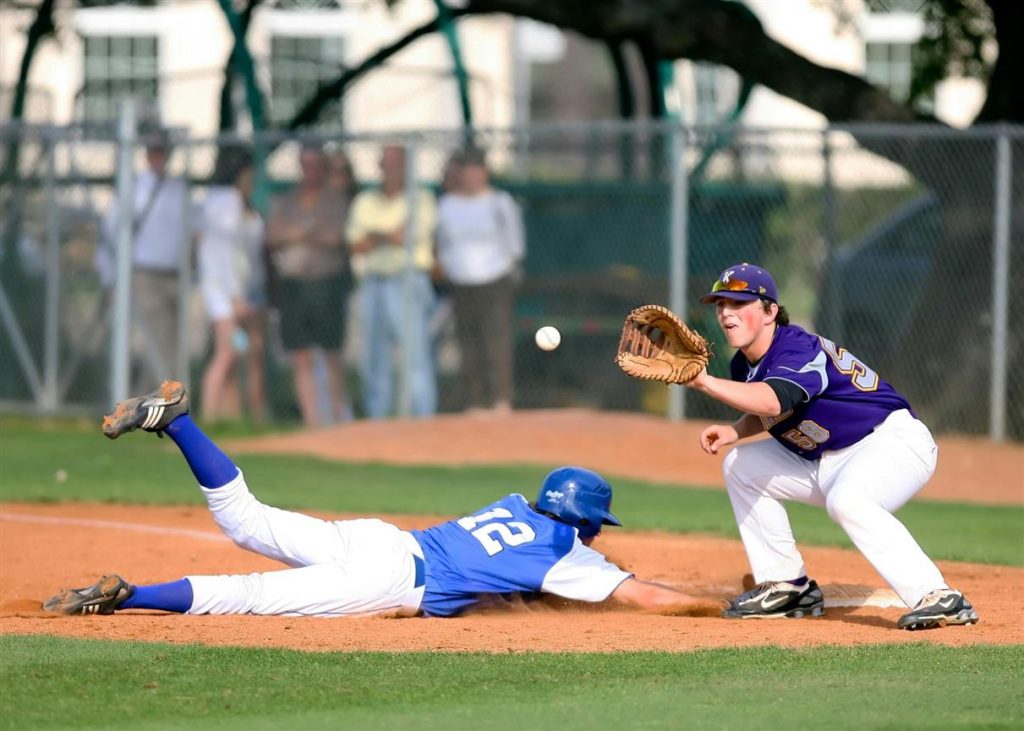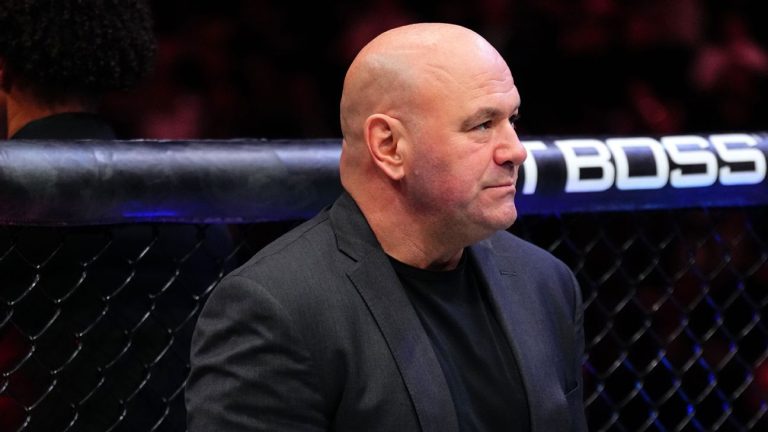
What starts as fun can quickly feel like a job. For millions of adults and kids who lace up cleats for weekend leagues, sports are meant to be a break—a release from the routine of work or school. But increasingly, these community fields and gyms are seeing a shift. The stakes are higher. The sidelines louder. The pressure, once reserved for professionals, now lives in neighborhood parks and middle school gyms.
So what’s happening? Why is a game that’s supposed to be about camaraderie and personal growth suddenly starting to feel like the NBA Finals?

A Culture of Winning Creeps In
In theory, amateur leagues are about enjoyment and exercise. But in practice, especially in competitive youth sports or adult leagues with promotion systems, winning can become the main objective. Coaches push harder, parents demand more, and players begin to measure their self-worth by the scoreboard.
“We signed our 11-year-old up for soccer just to get him active,” says Marissa Lane, a mother from Illinois. “But within two months, it felt like we were training for the World Cup. Three practices a week, weekend tournaments, nutritional plans—it was exhausting.”
She’s not alone. The rise of “elite” youth programs and adult competitive circuits has introduced a seriousness that can overshadow the joy of play. While competition isn’t inherently bad—it drives improvement and discipline—when it becomes the only focus, something valuable is lost.
The Social Media Factor
It’s hard to ignore how social platforms have raised the stakes in recreational sports. Highlights are filmed, posted, and analyzed. Players compare themselves to others not just on the field but in likes, shares, and reposts.
“Back when I played rec league basketball in college, nobody outside the gym saw your game,” says Justin Ford, now 32. “Now, your best plays might be online within the hour—and so are your mistakes.”
That kind of visibility can be fun, but it also means a simple weekend game can feel like an audition. The fear of embarrassment or underperforming in front of a digital audience makes it harder to just play.
Burnout Isn’t Just for the Pros
Burnout is often associated with professional athletes, but it’s increasingly common among amateurs. In youth sports especially, kids can lose interest not because they don’t love the game, but because the environment has become too stressful or time-consuming.
A 2022 survey by the Aspen Institute’s Project Play found that 70% of kids in the U.S. quit organized sports by age 13. The top reasons? “It wasn’t fun anymore” and “too much pressure.”
Adults aren’t immune either. For some, weekend leagues start to feel like a second job. Commitments, injuries, and interpersonal drama can all weigh down what was meant to be a lighthearted hobby.
“I pulled out of my soccer league last year,” says Darrell, a 41-year-old graphic designer from Denver. “It got too intense. Guys arguing with referees, people criticizing teammates constantly. I just wanted to kick a ball around and have a beer after. It stopped being fun.”
Where Does the Pressure Come From?
It’s not just the coaches and parents. Sometimes, the drive comes from within. Many adults, especially those who played sports in high school or college, carry an inner fire to compete at a high level again. That can be motivating—but it can also distort expectations.
Others may feel pressure to live up to a role they’ve built for themselves. The “team leader,” the “clutch shooter,” the “ultra-dedicated goalie.” Once these identities take root, it’s hard to just show up and play without feeling like you’re letting someone down—especially yourself.
Reclaiming the Joy of Play
So how do we keep weekend sports from turning into something they were never meant to be?
For starters, it helps to check in with your purpose. Are you playing to win a trophy or to unwind and connect with others? Neither is wrong, but clarity helps. Some leagues are specifically competitive—others are more social. Picking the right fit is key.
Organizers and coaches can play a big role here. Setting the tone early—emphasizing respect, balance, and perspective—can prevent the culture from skewing too hard toward cutthroat competition.
Parents, too, need to be mindful. Cheering is great. Living vicariously through your child’s performance, not so much. Encouraging effort over results can change the conversation at dinner from “Did you win?” to “Did you have fun?”

A Healthier Balance
There’s nothing wrong with wanting to improve or push yourself. Competition, in healthy doses, teaches valuable life skills. But the essence of amateur sports is rooted in enjoyment, not pressure.
We don’t all need to perform like pros. We don’t need game tape, post-match interviews, or tournament grinds. Sometimes, the best part of the game is the laugh you have with a teammate after missing a shot, or the quiet satisfaction of moving your body on a sunny morning.
Sports should build us up—not burn us out.






